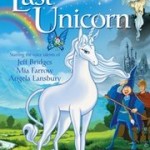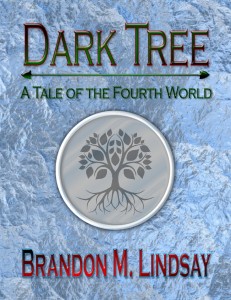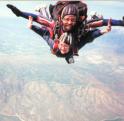 Guest Post by Rebecca Shelley
Guest Post by Rebecca Shelley
I went skydiving once. It was a thrilling experience, one I hope to get the chance to do again soon. Ever since then, one moment of the whole experience has stuck out in my mind, that is the moment I stepped up to the open door on the airplane and looked down at the ground so many thousands of feet below me.
The wind whipped my face, stinging my cheeks, and my stomach dropped to my toes. I knew I had to jump, but every instinct screamed that I should not. My instinct for self preservation had kicked in, and if I had listened, I would have missed out on one of the most exciting adventures of my life.
Fortunately I was jumping in tandem with an instructor, which means our harnesses were hooked together. He didn’t hesitate, so I couldn’t hesitate either. Together, we thrust ourselves from the plane and fell.
If you’re a writer you’ve probably experienced something similar to that moment before I jumped out of the plane-the stomach-dropping moment of opening a new file and facing the blank page. Even if you’re an experienced writer like I am and have faced that same blank page every morning for thirty years, there is still that flash moment of uncertainty. The desire for self preservation that makes you hesitate, wondering am I good enough, can I put into words the story that is swirling in my mind, what will my readers think of this, what will the reviewers or the critics say?
I’m sorry to say this moment of consternation that comes with the blank page doesn’t go away over time, the more things you published even, the more this feeling can intensify. It feels like so much is at stake and it would take almost inhuman courage to just get writing. If you’re feeling this way, it may (or may not) help to know the feeling is normal. Here’s what I do to combat it.
Jump
Jump. Stop staring at the blank page, stop taking in the dizzying height and jump. When you first open the blank page, jump into writing as fast as you can. When I first start writing in the morning, I put my hands on the keyboard and start typing whatever comes into my head, which usually turns out to be a selfish rant about everything bugging my in my life for example:
(My carpet is terrible, I need new carpet, and paint and furniture, my stove won’t even work. I don’t dare let people come to my house until I can get it all fixed up but I don’t have money for that because all the money goes to pay school fees and medical stuff and car repairs ack. I can’t even deal with the money issue right now and I really really hate my carpet.)
My initial jump onto the page completely ignores spelling and punctuation. All I’m doing is jumping, getting my hands moving on the computer keys.
Then gradually as I type I run out of things to rant about and can start typing my feelings and impressions about the book I’m working on or about to work on. Random ideas about character, things I think I need to go back and change, how I want the scene to go. Words I might want to use in describing the setting. 
At this point I’ve already jumped out of the plane and experienced free fall. Now, I pull the chute and it opens, slowing my descent. By writing about the book or scene, I’m creating a parachute which I can control and steer toward the landing spot on the ground.
That landing spot, the place where my feet touch ground, is the point where I’m fully engaged in the point of view of the character in the scene I’m working on. I’ve left behind my real life and all its problems as I fell and worked my way into the life and problems of my character and am ready to live the book I’m writing.
So here’s my challenge to myself and everyone out there facing the blank page. Jump!
For those of you who take my challenge, I’m offering a free copy of my latest ebook Wings and the White Horse. Just email me at rebeccashelley at rebeccashelley dot com with your jump story, and I’ll give you a coupon code for the book.
Ode to a Blank Page
By Rebecca Shelley
So beautiful
Clean and White
Unsmudged by ink and its offenses
You stare at me
I stare at you
Eye to eye
Daring each other to blink
What muse would thrust the first stroke of words?
What writer would dare to pour heart-pumped blood onto the page?
Knowing that no critique can despise the empty white
No reviewer can chastise the unwritten word
I stand on the brink, trembling with uncertainty
And you, oh daunting nemesis, taunt me
Questioning my skill and courage
With the weight of Atlas on my fingers
I reach for the keyboard and strike
_________________________
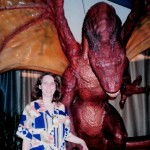
Rebecca Shelley is the author of over 27 books, including the best selling Smartboys Club series, and the beloved Dragonbound series. Her latest book, Wings and the White Horse, celebrates her love of flying.
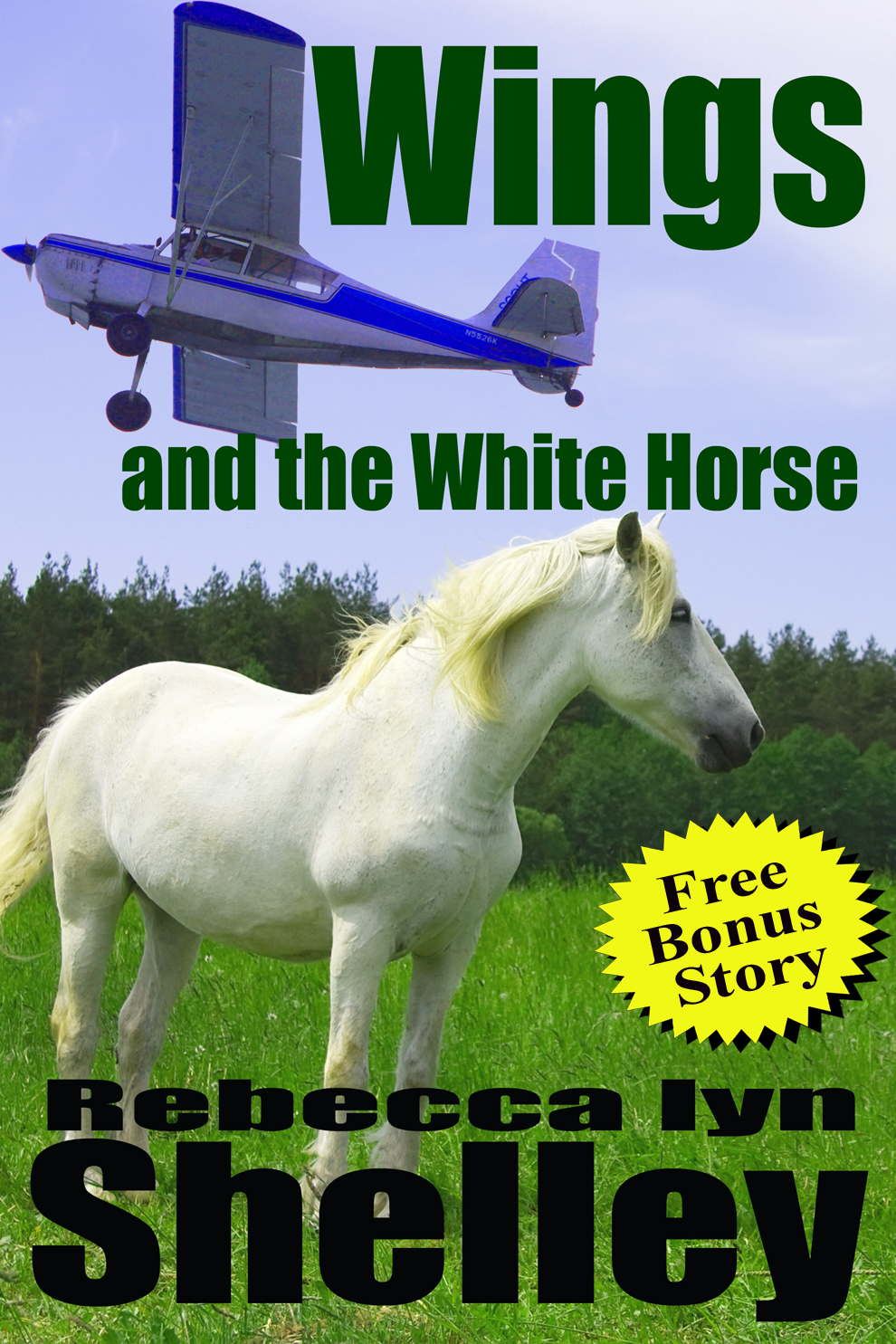
Wings and the White Horse
After her father dies, Jolain Thomas must decide whether to pursue the career her father set out for her or follow her lifelong dream to become a professional pilot. Gathering her courage, she chooses her dream but falls into the clutches of a desperate kidnapper. Now she must battle her fears and fly through a dangerous storm if she is to survive and save the kidnapped baby.
Includes a bonus short story, “Magic Works,” in which a line of magical housecleaning products causes mayhem.



